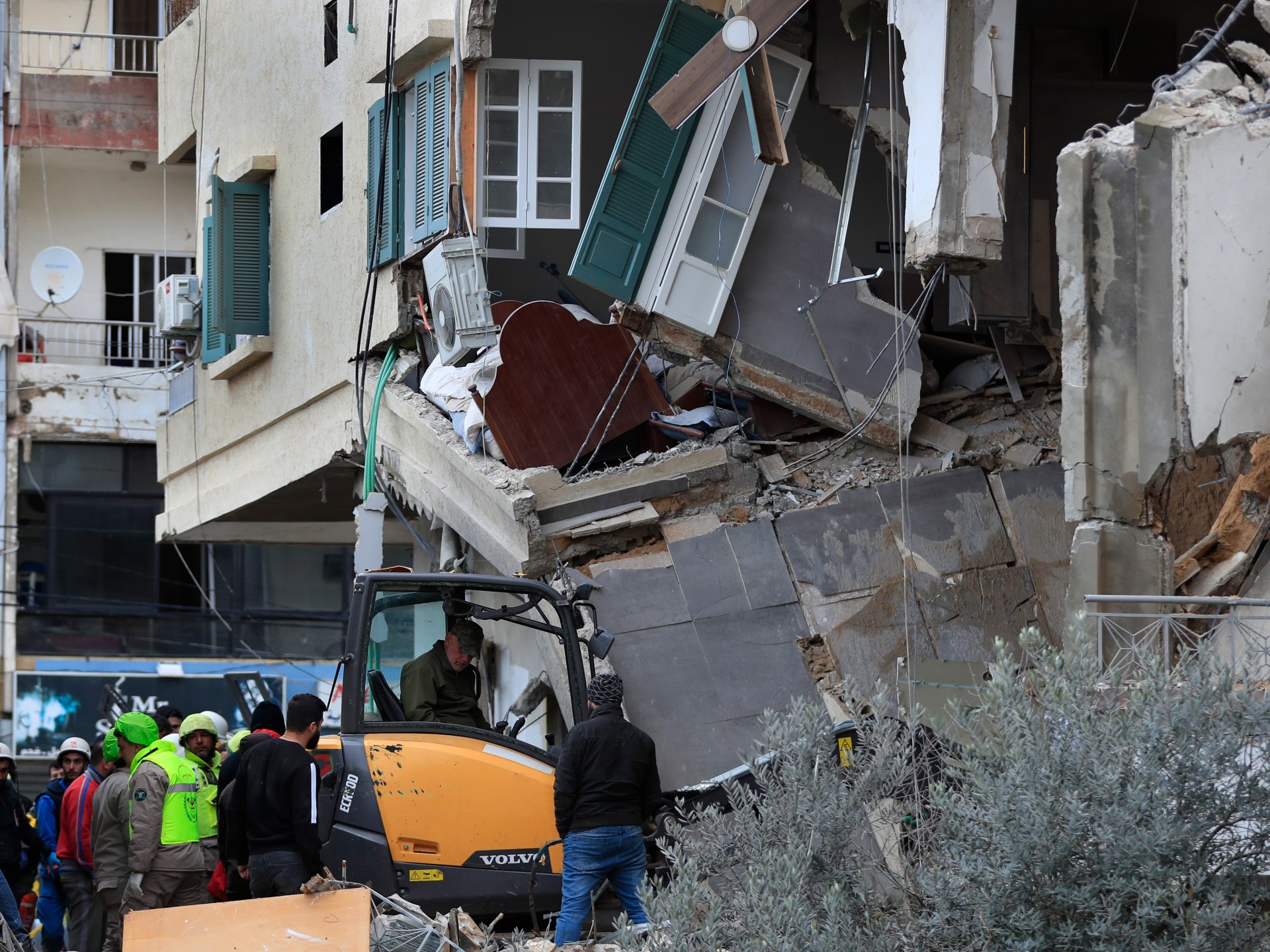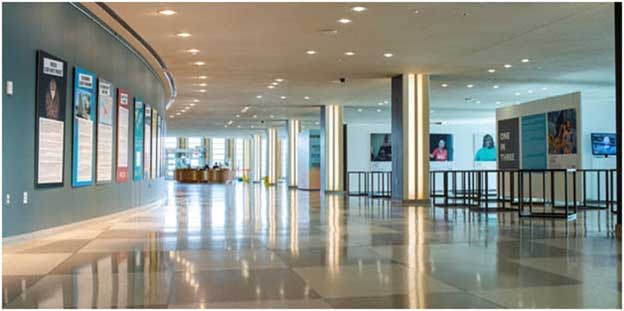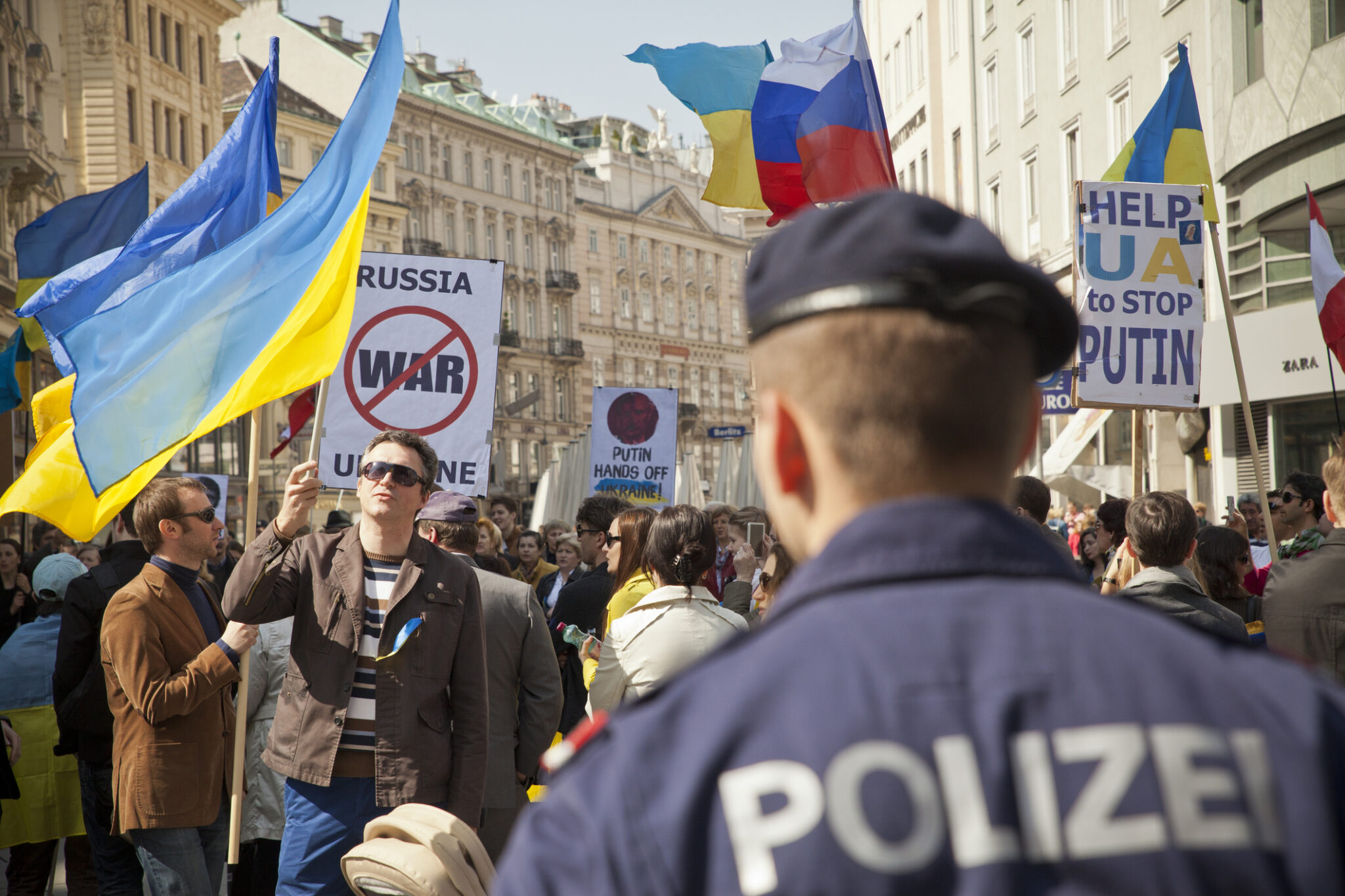Hezbollah warns Israel will ‘pay price’ after fighters, civilians killed | Israel War on Gaza News
The Lebanese armed group Hezbollah has warned that Israel will “pay the price” for air raids that killed at least 10 civilians and three Hezbollah fighters in southern Lebanon.
Five children were among those killed on Wednesday in the deadliest day for Lebanese civilians in four months of hostilities across the Lebanon-Israel border.
Israel on Thursday said it killed a senior commander of Hezbollah’s elite Radwan Force, his deputy and a third fighter in an air raid on Nabatieh in an attack the previous day.
The Israeli military named the first two men as Ali Muhammad Aldbas and Ibrahim Issa. Aldbas was reportedly involved in a roadside bombing in northern Israel last March, and had been involved in cross-border fighting since October, it added.
Hezbollah said three of its fighters had been killed but did not identify any as commanders, which it has done in the past.
Seven of the civilians were killed in Nabatieh late on Wednesday when a rare Israeli attack on the city hit a multistorey building, sources in Lebanon said. The dead were from the same extended family, and included three children. A boy initially reported missing was found alive under the rubble.
It followed an earlier attack that killed a woman and two children in the village of as-Sawana at the border, who were buried on Thursday.
The bodies of the children, wrapped in green shrouds, were so small they each fitted on two plastic chairs as people came to pay respects. Their father held them tight before they were buried as another man sobbed on his shoulder.
The attacks on Wednesday came just hours after projectiles from Lebanon killed an Israeli soldier.
The United Nations urged a halt to what it called a “dangerous escalation”, which has played out in parallel to the Israeli assault on the besieged Gaza Strip and heightened concerns of a wider confrontation between the Iran-backed Hezbollah and Israel.
“The enemy will pay the price for these crimes,” Hezbollah politician Hassan Fadlallah told the Reuters news agency, saying Hezbollah had a “legitimate right to defend its people”.
More Israeli attacks were reported in south Lebanon on Thursday and Lebanon’s caretaker Prime Minister Najib Mikati condemned the escalation.
“At a time where we are insisting on calm and call all sides to not escalate, we find the Israeli enemy extending its aggression,” read a statement from his office.
‘War crimes’
The Israeli military said Thursday’s attacks targeted Hezbollah infrastructure and launch posts. Lebanese state media said Israel’s air force carried out attacks near the border towns of Labbouneh, Wadi Slouqi, Majdal Selm and Houla, according to NNA.
Attacks on dense urban areas far from the border are considered rare.
A source familiar with Hezbollah thinking told Reuters that the attack on Nabatieh marked an escalation but was still within unwritten “rules of engagement” by which much of the violence has been contained near the border.
Mohanad Hage Ali, of the Beirut-based Carnegie Middle East Center, said that, while Israel appeared to be “testing the limits” of those rules of engagement, Hezbollah was signalling it “wants to keep this as confined as possible”.
Israeli government spokesperson Avi Hyman said Israel’s “message to Hezbollah has been and always will be: ‘Don’t try us’. As Defence Minister Gallant said at the beginning of the war, we will copy and paste what we’ve done in Gaza to Hamas, in Lebanon,” he said.
The UN peacekeeping force deployed along the Lebanon-Israel border, known as UNIFIL, expressed concerns over the latest “exchanges of fire”.
“Attacks targeting civilians are violations of international law and constitute war crimes,” UNIFIL’s spokesman Andrea Tenenti said in a statement. “The devastation, loss of life, and injuries witnessed are deeply concerning.”
Both sides have said they do not seek all-out war.
Hezbollah chief Hassan Nasrallah said earlier this week that his group’s cross-border shelling would end only when Israel’s “aggression” on the Gaza Strip stops.
The group has been trading fire with the Israeli military across Lebanon’s southern border in support of its Palestinian ally Hamas, which launched a cross-border assault from the Gaza Strip into Israel on October 7, which was followed by heavy Israeli bombardment of Gaza from the land, air and sea.
There are growing fears of another full-blown conflict between Israel and Hezbollah with tens of thousands displaced on both sides of the border and regional tensions soaring.
Cross-border attacks have killed at least 200 people in Lebanon, including more than 170 Hezbollah fighters, as well as 10 Israeli soldiers and five civilians.
Check out our Latest News and Follow us at Facebook
Original Source






